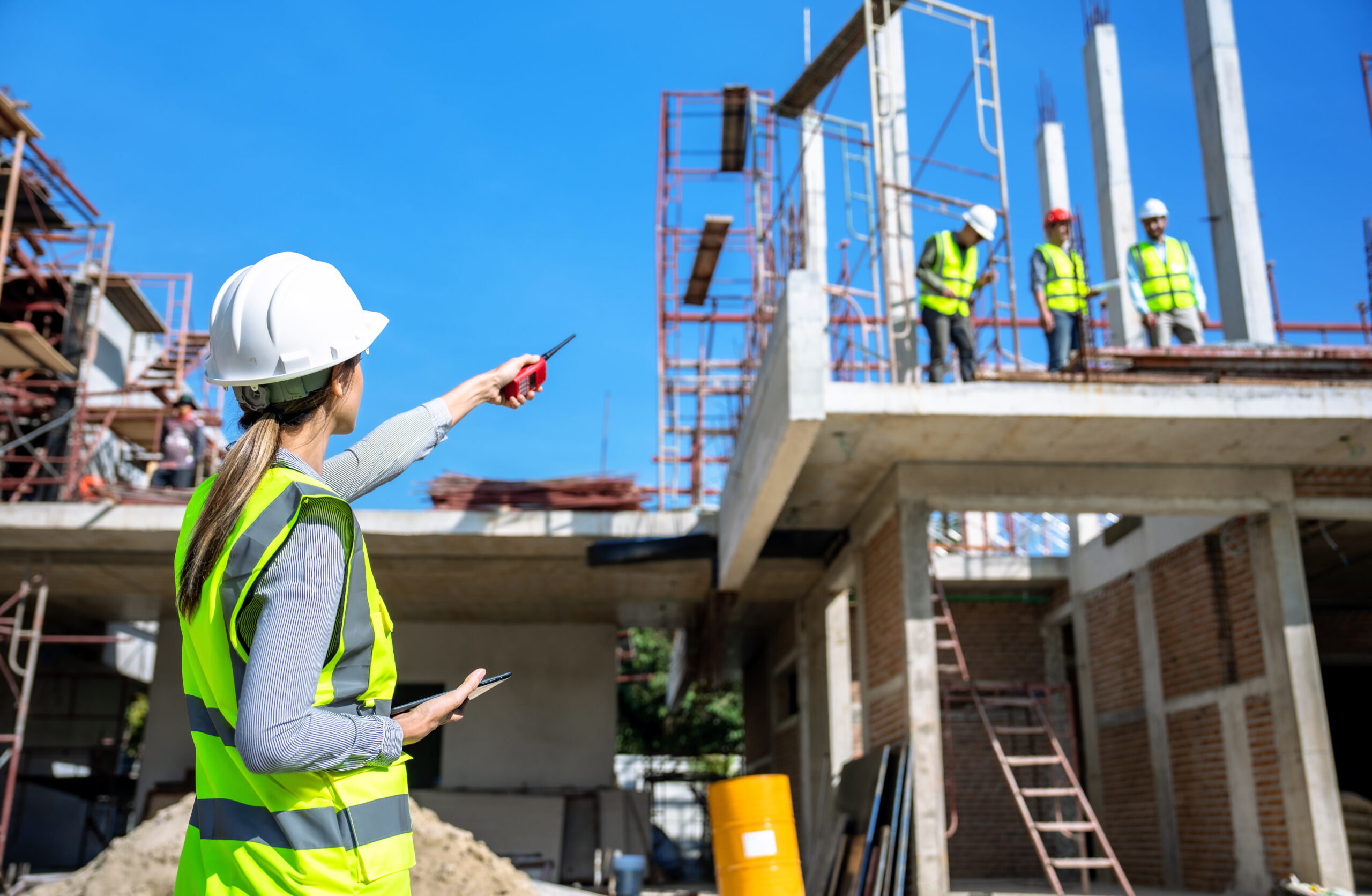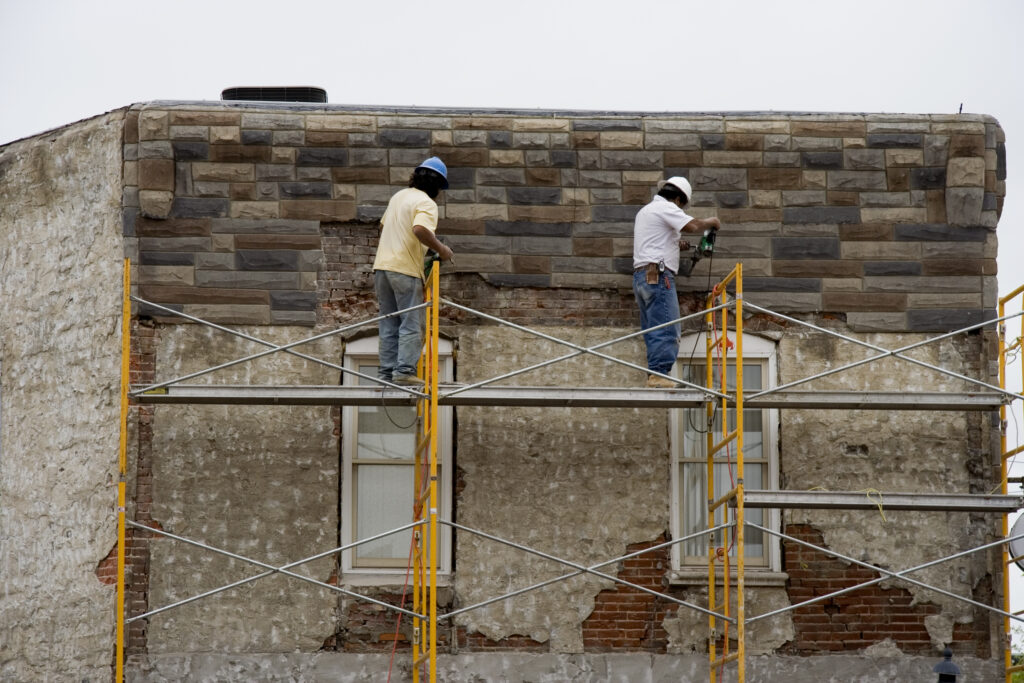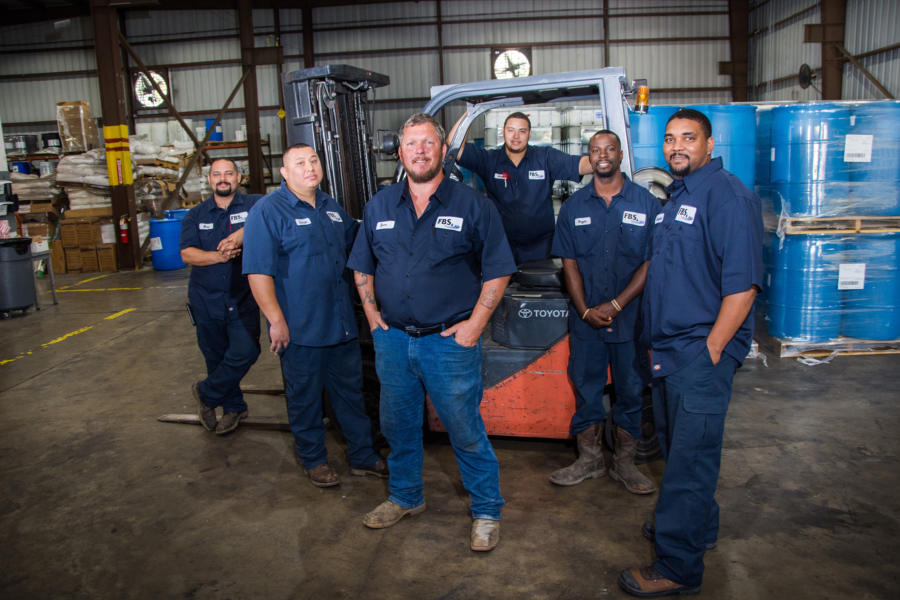
For years, the construction industry has followed a linear process: extract raw materials, build structures, demolish them, and dispose of waste in landfills.
This method has harmful environmental and social impacts and is unsustainable. Rethinking traditional approaches requires collaboration from all stakeholders and urgency from authorities.
In the U.S., cities are enacting new policies to reduce construction waste and promote circular practices. Initiatives like deconstruction ordinances in cities such as Seattle and Pittsburgh mandate careful dismantling of older buildings instead of demolition.
How might these regulations shape circular practices nationwide?

Each year, the construction of new buildings and the demolition of existing structures contribute significantly to resource extraction, generating nearly one-third of the world’s total waste output. In the United States alone, nearly 150 million tons of construction debris end up in landfills annually.
To promote the reuse and recycling of building materials, several U.S. cities have implemented ordinances mandating the careful deconstruction of older buildings scheduled for demolition.
In this method, buildings are methodically taken apart, allowing valuable materials such as lumber, bricks, and fixtures to be salvaged for reuse or recycling rather than being discarded in landfills.
Skilled workers carefully extract materials like wood, brick, glass, and metals, preserving them for future use. Although it requires more labor initially compared to demolition, this approach enables up to 90% of a building’s components to be repurposed or recycled.

Deconstruction marks a transition from the conventional linear model to a significantly more sustainable circular approach by maintaining materials in circulation.
Municipalities such as San Antonio, Texas, mandate that contractors undergo certified training programs focused on proper deconstruction methods.
Additionally, many cities set up resource centers to gather, store, and sell reclaimed building materials to the public at reduced prices, establishing an accessible supply chain. Contractors in San Antonio must complete city-sponsored training to be eligible for inclusion in the certified deconstruction contractors list.







